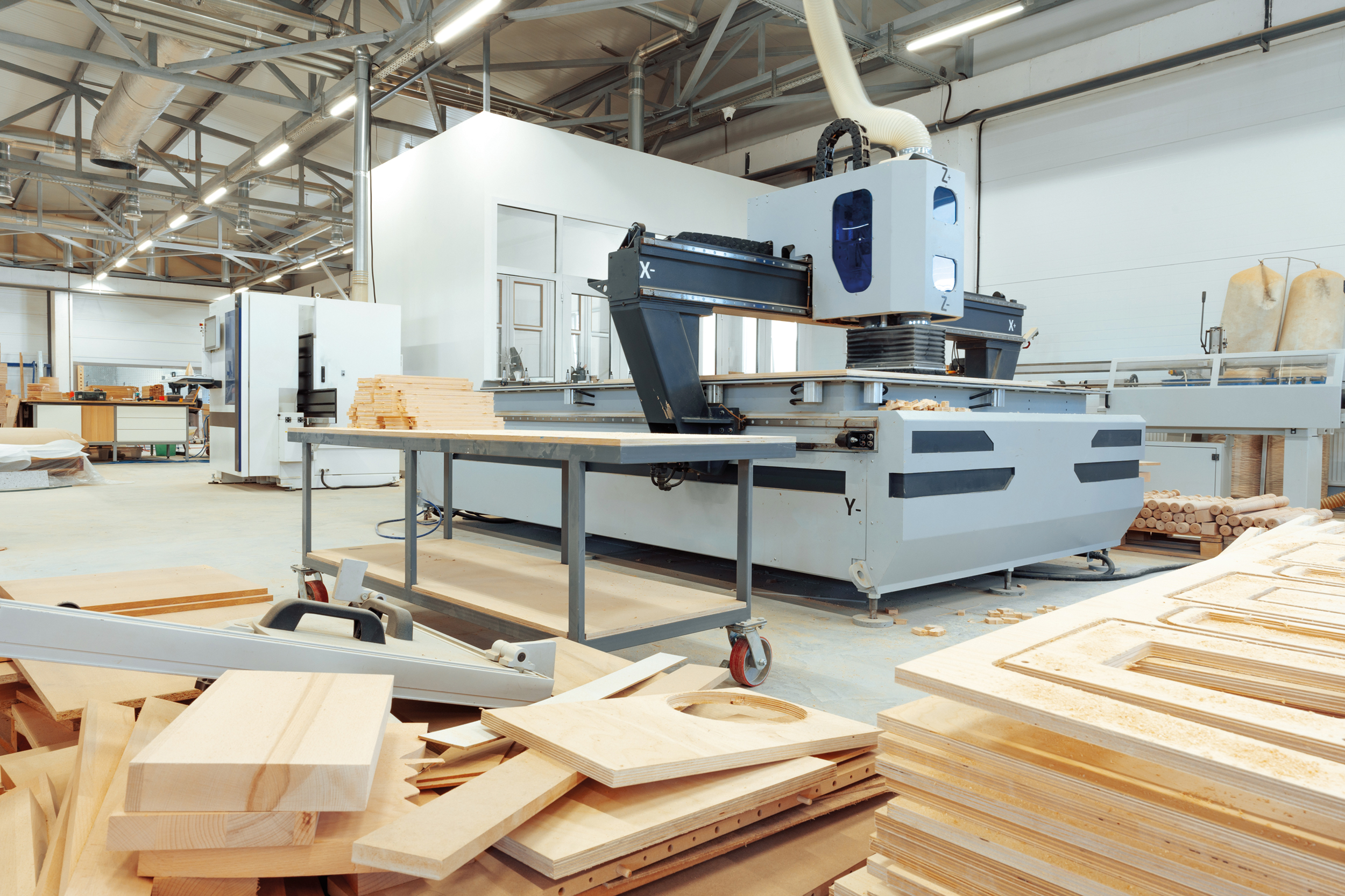areas of application
Our products are diverse – just like the countless areas in which they are used.
We develop products for and with our customers that are optimally suited to their areas of application.
This starts with the customised material mix and continues through prototype development to series production.
Here are some examples of industries in which we have already worked very successfully with customers over the long term:

VEHICLE INDUSTRY
The specialist segment of the vehicle industry, which includes motorbikes, ATVs/UTVs and boats, is characterised by unique challenges and opportunities. These vehicles are often exposed to extreme conditions such as fluctuating temperatures, moisture and mechanical stress, requiring materials that offer superior performance and durability.
As environmental and efficiency standards become more stringent, the role of polymers in the automotive industry will increase and drive innovation leading to more sustainable and efficient vehicles.

renewable energy
Polymers, which are known for their adaptability and strength, are becoming increasingly important in the development and production of renewable energy systems. Their use in solar modules, for example, includes protective coatings and frames that can withstand environmental influences while optimising light absorption. In wind turbines, polymers are used in rotor blades and nacelles due to their lightweight and fatigue-resistant properties, which significantly increase efficiency and durability. The hydropower and geothermal segments also benefit from the use of polymers in sealing and insulation components, which emphasises the versatility of the material in various renewable energy technologies.
The future of energy is closely linked to the development of new polymer formulations that offer improved performance, durability and a better environmental footprint, playing a crucial role in the global transition to renewable energy.

medical technology
Polymers are at the centre of this transformation, offering a wide range of properties that can be tailored to meet the stringent requirements of medical applications. From flexible tubing and catheters to rigid surgical instruments and implantable devices, polymers offer unrivalled versatility. Their ability to be engineered for biocompatibility, sterilisation compatibility and specific mechanical properties makes them indispensable in modern medical devices. In addition, polymers are leading the way in the development of wearable health monitors and implantable sensors that enable continuous health monitoring and personalised medicine.
Ongoing research and development in polymer science promises to open up new possibilities in medical technology, improve patient care and lead to breakthrough advances in medical treatments.

white goods
Polymers play a crucial role in this development, offering design flexibility and innovation in household appliances. Their use ranges from structural components to insulation and aesthetic finishes, contributing to the overall performance, efficiency and user experience of appliances. The integration of smart technologies into household appliances emphasises the importance of polymers, which are used to house sensors and electronic components, ensuring durability and safety.
As consumers become more environmentally conscious, the demand for appliances that are not only energy efficient but also made from sustainable materials is increasing. This trend is driving the development of bio-based and recyclable polymers, marking a significant shift towards greener and more sustainable household appliances.

MECHANICAL ENGINEERING
In the semiconductor industry, polymers are indispensable for the manufacture of microelectronic components, where they serve as dielectric materials and photoresists. The ongoing miniaturisation of electronic devices is increasing the need for polymers that offer high precision and stability under various conditions. In mechanical engineering, polymers are used to produce components that are lightweight yet strong and can replace metals in some applications to reduce weight and improve energy efficiency. The versatility of polymers enables innovation in design and functionality in various engineering applications, from aerospace to automotive and beyond.
The development of new polymer composites and nanomaterials will further enhance the capabilities and applications of engineering solutions and drive progress across all industries.
Would you like to know what we can do for your company?
Simply contact us and we will be happy to provide you with more detailed information!
